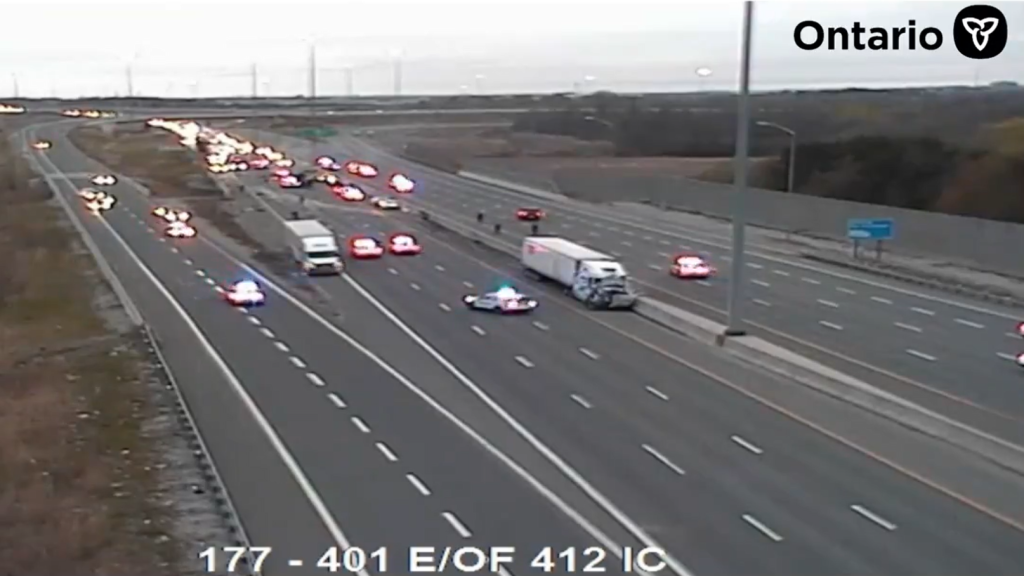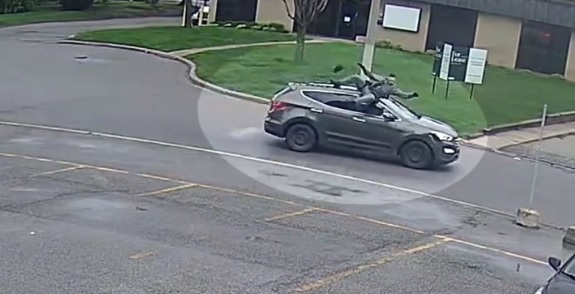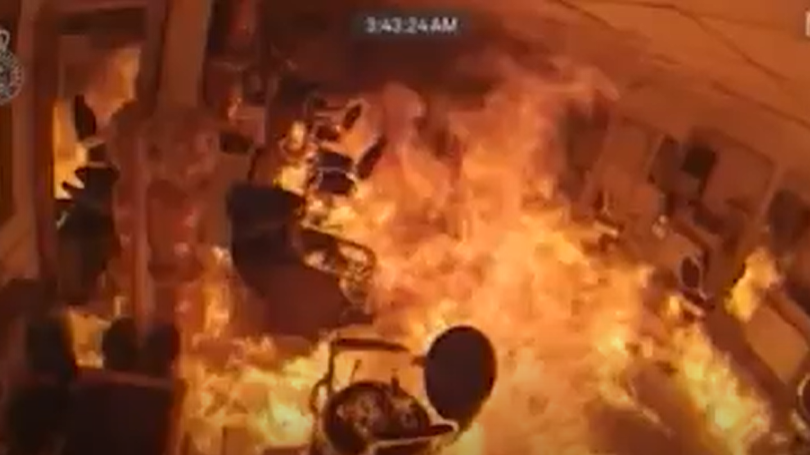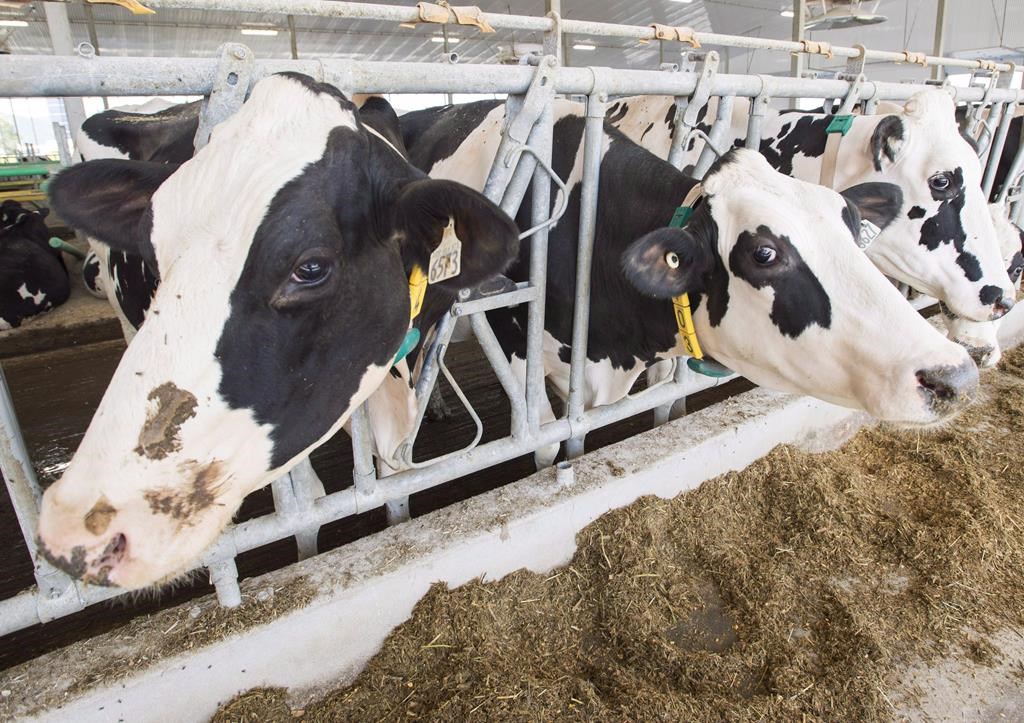Anti-racism demonstrators to protest in Sydney despite ban
Posted July 27, 2020 7:30 pm.
Last Updated July 27, 2020 7:38 pm.
SYDNEY, Australia — Anti-racism protesters plan to demonstrate in downtown Sydney on Tuesday despite court rulings that the gathering is illegal due to the pandemic threat.
Organiser Paddy Gibson said the gathering would be safer than going to a crowded shopping mall or many Sydney workplaces.
“We all must be COVID-safe but we need to stand together to … say that Black lives matter in Australia,” Gibson told Nine Network television.
Gibson had organized the demonstration with the family of David Dungay, a 26-year-old Indigenous man who died in 2015 while being restrained in a Sydney prison after repeatedly saying: “I can’t breathe.”
The demonstrators have gathered more than 100,000 signatures on a petition calling for his prison guards to be charged.
Dungay’s mother, Leetona Dungay, said on Monday: “We’re still going to rally and we’re going to rally until we get charges. I will rest after that.”
“I’m going to walk strong and tall until the day I get justice,” she added.
A New South Wales state Supreme Court judge on Sunday accepted a police submission that the possibility of community transmission of COVID-19 made the demonstration too risky to proceed.
An appeals court on Monday dismissed the protesters’ challenge which contended the judge did not have the authority to prohibit the rally.
The court rulings increase the legal powers available to police to use against protesters. Outdoor gatherings are limited to 20 people in New South Wales due to the pandemic threat.
For most people, the new coronavirus causes mild or moderate symptoms, such as fever and cough that clear up in two to three weeks. For some — especially older adults and people with existing health problems — it can cause more severe illness, including pneumonia, and death.
New South Wales Premier Gladys Berejiklian warned that Sydney was at a critical point of the pandemic in which authorities were battling to contain several infection clusters through contact-tracing and testing.
“We’re appealing to people’s consciences to say now the law says you shouldn’t be out there, the pandemic and I think the ethical standards say you shouldn’t be out there, please think of a different way to express your views,” Berejiklian said.
The Associated Press










